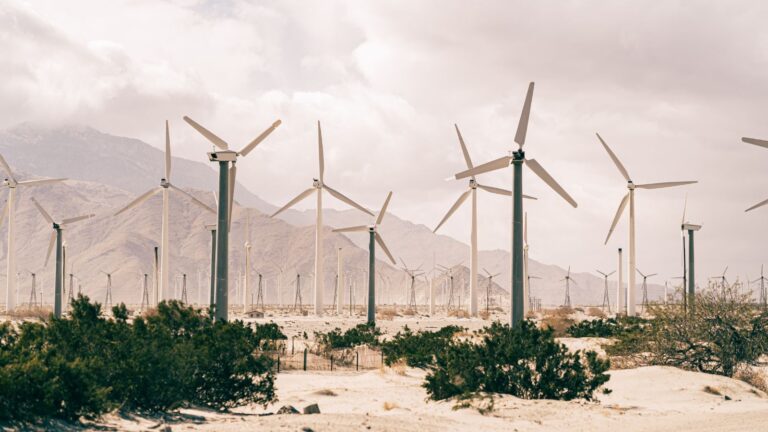
[ad_1]
Wind Turbines for Off-Grid Living
Living off the grid can come with many challenges, one of which is generating your own power. This is where wind turbines come in. Harnessing the power of wind is a sustainable and cost-effective way to generate electricity for off-grid living. In this blog post, we will discuss the benefits and considerations of wind turbines for off-grid living.
Benefits of Wind Turbines for Off-Grid Living
1. Sustainable Energy Source
Wind turbines are powered by the wind, which is constantly replenished by nature. This makes it a sustainable source of energy that does not contribute to greenhouse gas emissions or other environmental concerns.
2. Cost-Effective
Once a wind turbine is installed, it can generate electricity for free. This means that the initial investment in a wind turbine may be high, but over time it can pay for itself in energy savings.
3. Low Maintenance
Wind turbines are relatively low maintenance compared to other forms of renewable energy. They require periodic inspections and maintenance, but generally, they can operate for years without major repairs.
4. Energy Independence
By generating their own power, those who live off-grid with wind turbines are not dependent on the grid. This provides energy independence and security, even during power outages.
Considerations for Wind Turbines for Off-Grid Living
1. Wind Speed and Location
Wind turbines require a certain minimum wind speed to generate electricity. They are most effective in locations with consistent wind speeds and few obstructions like trees or buildings.
2. Initial Investment
The initial investment in a wind turbine can be high. Before deciding to install one, it’s important to consider the long-term energy savings and cost-effectiveness.
3. Noise
Wind turbines can produce noise, which may be a concern for those living in close proximity to the turbine. Proper distance and location can help mitigate noise concerns.
4. Zoning and Permits
Zoning and permits may be required when installing a wind turbine. It’s important to research local regulations and obtain the necessary permits before installation.
5. Backup Generator
A backup generator may be necessary for times when wind speeds are too low to generate electricity. A backup generator can provide a reliable source of power during these times.
Conclusion
Wind turbines are a sustainable and cost-effective way to generate electricity for those living off-grid. They offer energy independence and security, while also being relatively low maintenance. However, wind speed and location, initial investment, noise, zoning and permits, and the need for a backup generator are important considerations when deciding whether to install a wind turbine. By carefully weighing these considerations, you can make an informed decision as you strive for sustainable and self-sufficient off-grid living.
[ad_2]